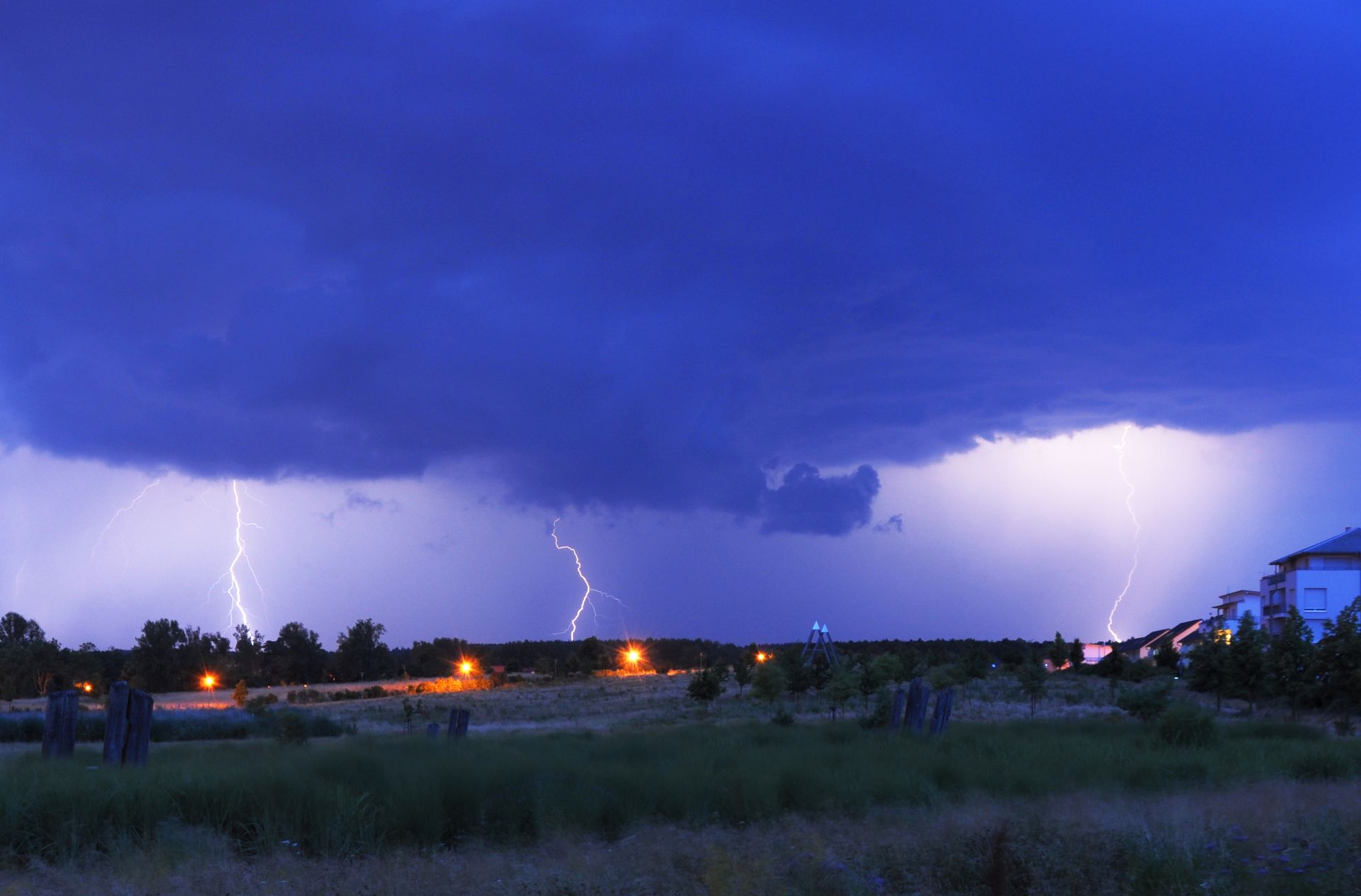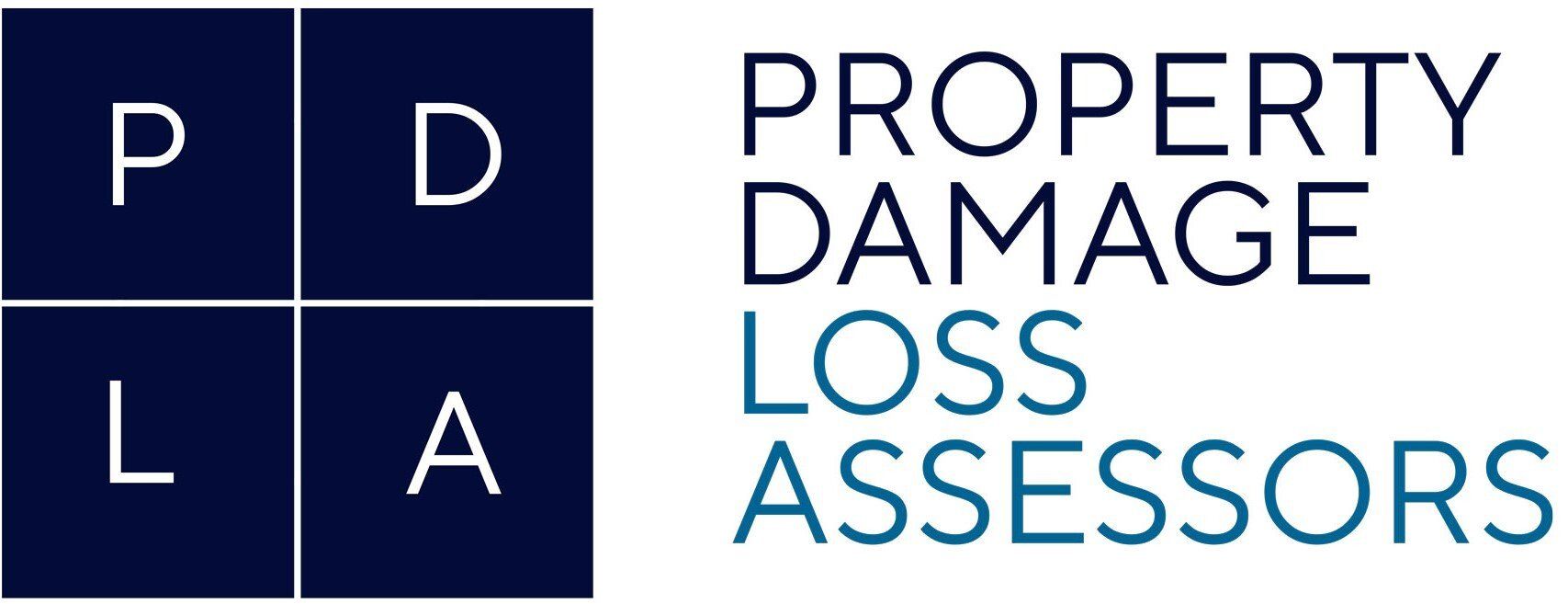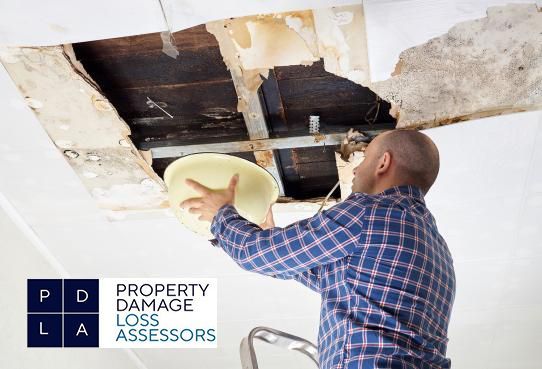What is a Loss Assessor?
When you’re dealing with a fire, flood, theft or other loss, you want to make sure that you’re getting the settlement that you deserve. However, this is often difficult to do without the support of a loss assessor.
A loss assessor is a specialist who understands every procedure involved in negotiating insurance claims and will act for you – the policy holder. A loss assessor will look after all the necessary and often complicated claims paperwork, ensuring that you receive your full entitlement. A loss assessor will use their knowledge to negotiate their claim, taking the stress and hassle away from you during this stressful time.
They are independent
A Loss Assessor is an independent insurance expert who works solely on behalf of policyholders. Their knowledge of insurance claims & policies as well as the common mishaps & biases of both loss adjusters & insurance companies, gives them the insight needed to specifically assist policyholders in a complicated claim process.
They will conduct a thorough investigation into your property and its damage to gain a complete understanding of the full circumstances. This will then be used to present a report that will be sent to the insurance company.
This report will carry a lot of weight in settling the details of your claim. The insurance company will use this report to decide how much you can be paid out based on the perceived validity of your claim.
They are authorised
An insurance loss assessor is an independent expert who works exclusively for you, the policyholder, to negotiate your claim. They’re authorised and regulated by the Financial Conduct Authority (FCA).
Insurance losses are complex & require expert guidance in order to maximise your entitlement. Their expertise and knowledge of policy terms & conditions are used to ensure you receive a settlement figure that is fully reflected in your policy.
They will investigate all of your damages & losses; meet with the loss adjuster & other representatives from your insurer to arrange a favourable claim settlement. They may also arrange for the supply of replacement possessions, and if necessary, appointment a remedial building contractor or restoration experts.
Loss assessors know your property scene inside out and are well versed in water damage, fire & smoke damage. Their experience will be invaluable, allowing them to document everything that needs to be done to repair the damage.
They are regulated
When you need to make an insurance claim, you want to be confident that someone has your best interests at heart. A Loss Assessor does just that – and is regulated by the Financial Conduct Authority.
Policyholders often appoint a Loss Assessor when they are unsatisfied with the proposed settlement from their insurer or feel that their claim has been denied. However, if you can involve a Loss Assessor earlier in the claims process, the likelihood of achieving a more satisfying outcome increases significantly.
Chartered loss adjusters are expected to act impartially, however, it is important to remember that they are insurance professionals contracted by the insurer and paid by them. Their fee is a percentage of the insurance settlement and it is in their interests to ensure that they secure the lowest possible insurance settlement for the client.
They are paid by the policyholder
Loss assessors work on behalf of the policyholder – not the insurance company. They will liaise with you throughout the claims process to ensure you receive maximum compensation.
They are experts at negotiation and are highly trained in understanding the terms and conditions of your insurance policy. They will take all the stress out of dealing with your insurance company so you can get on with your life.
Their role differs based on the claim being lodged but can be anything from ensuring you secure interim payments to meeting and negotiating with the loss adjuster appointed by the insurance company.
They work on a no win no fee basis and charge around 10% of the successful settlement that they secure for you. However, the additional monies that they can secure for you far exceed this fee and in many cases increase the claim settlement payout by 30% to 70%.
PDLA is here to help! Don't be afraid to contact us. We would love to answer all your questions and get you ready to go.
Navigating Storm Damage Claims on Your Irish Property


01 6855675 | 057 86 37500 | 087 2061411
DUBLIN
Unit 8 Fashion City, Ballymount, Dublin 24.
D24 EW2P
LAOIS
Unit 4, Vision 85, Zone 3, Clonminam Business Park, Portlaoise, Co. Laois, R32 F785
Call our 24/7 helpline on 087 206 1411 for a free no obligation consultation.
James Armitage & Associates Limited t/a Property Damage Loss Assessors is regulated by the Central Bank of Ireland Registration No. C432996.
Public Loss Assessors
Serving Nationwide
Property Damage Loss Assessors


